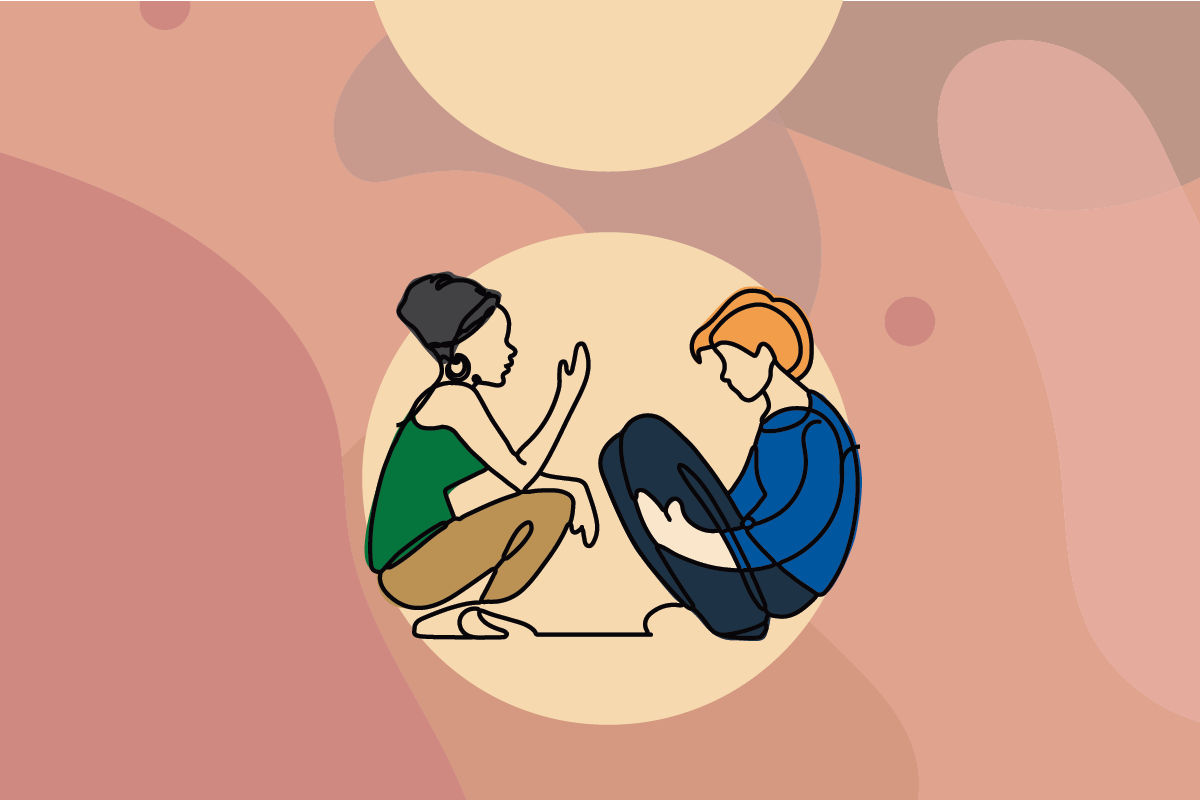Responding to behaviours that challenge – practice guide
Download PDFJun 2022
Written by Glenys Bristow Noel Macnamara Janise Mitchell
Much has been written about understanding and managing the challenging pain-based behaviours of children and young people who have experienced trauma and live in therapeutic or out of home care. Anglin (2002) coined the phrase ‘pain-based behaviour’ to denote behaviours arising from traumatised reactions of children and young people in out of home care. This concept emphasises the importance of care and support for staff and carers in making sense of children and young people’s behaviour in order to respond in an effective and meaningful way.
This practice guide will seek to explore:
- What is meant by the term ‘behaviours that challenge’
- Why children and young people display behaviours that challenge
- The damaging effects of labelling
- How to make meaning of the behaviours
- What happens when we only focus on the behaviours, we can see
- Practical interventions

























